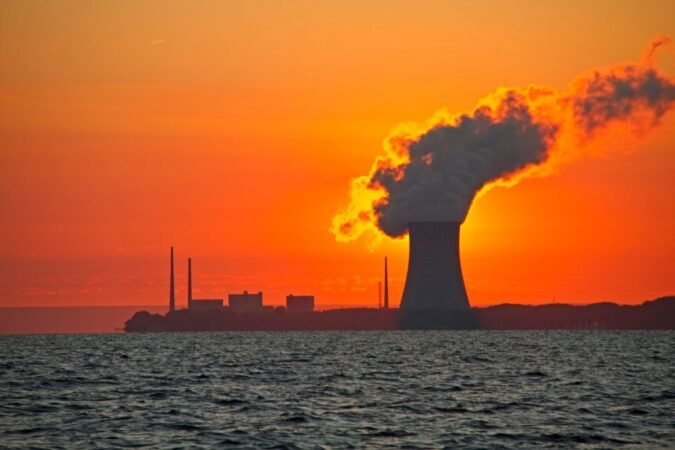Essential Insights
-
New Nuclear Initiative: New York Governor Kathy Hochul announced plans for a new nuclear power plant aimed at generating at least 1 gigawatt of electricity to reduce fossil fuel reliance.
-
State Partnership: The New York Power Authority (NYPA) will lead development, collaborating with private partners and financing construction while securing the generated power.
-
Site Considerations: Potential sites include three existing Constellation Energy nuclear plants in upstate New York, where major tech companies like Microsoft and Meta have already reached energy agreements.
- Regulatory Challenges: Success hinges on federal regulatory reforms, with past nuclear projects facing significant delays and budget overruns, highlighting a pressing need for streamlined processes in Washington.
The Case for Nuclear Power in New York
Governor Kathy Hochul recently emphasized the need for more nuclear power in New York State. According to her, expanding nuclear energy is crucial. Without it, states would lean more on fossil fuels, which contradicts our environmental goals. Recently, Hochul announced plans to develop a new nuclear power plant capable of producing at least 1 gigawatt of electricity. The New York Power Authority will spearhead this initiative, collaborating with private partners for financing and construction. While the specifics of the location and design are still being finalized, the move represents a substantial shift in energy policy for New York.
Moreover, existing nuclear facilities could serve as benchmarks. New York already hosts operational plants, and companies like Constellation Energy are eager to partner with tech giants. Microsoft and Meta have already signed agreements for clean energy from these facilities. This strategy highlights the growing trend among tech firms seeking green, reliable energy sources. With increasing pressure to meet energy demands sustainably, investing in nuclear presents a viable solution.
Challenges Ahead for Nuclear Expansion
Despite the enthusiasm surrounding nuclear energy, challenges remain. The last new nuclear power plant in the U.S. broke ground over 15 years ago. Projects faced significant delays and budget overruns, causing hesitance in the industry. Small modular reactors offer a promising alternative by allowing mass production, but their commercial effectiveness is yet to be proven.
Hochul noted that the success of this nuclear initiative depends heavily on reform at the federal level. Past projects often experienced lengthy regulatory processes, stalling progress significantly. However, there’s a unique opportunity with bipartisan support emerging for nuclear energy. As tech companies and data center developers increasingly push for cleaner energy options, the call for nuclear power grows louder.
New York’s approach could set a precedent, establishing nuclear energy as a cornerstone of its future energy strategy. Embracing this change may mobilize additional support nationwide, steering the country’s energy policies toward sustainability. With an eye on the future, New York stands at a pivotal moment in its energy journey.
Expand Your Tech Knowledge
Learn how the Internet of Things (IoT) is transforming everyday life.
Access comprehensive resources on technology by visiting Wikipedia.
TechV1

